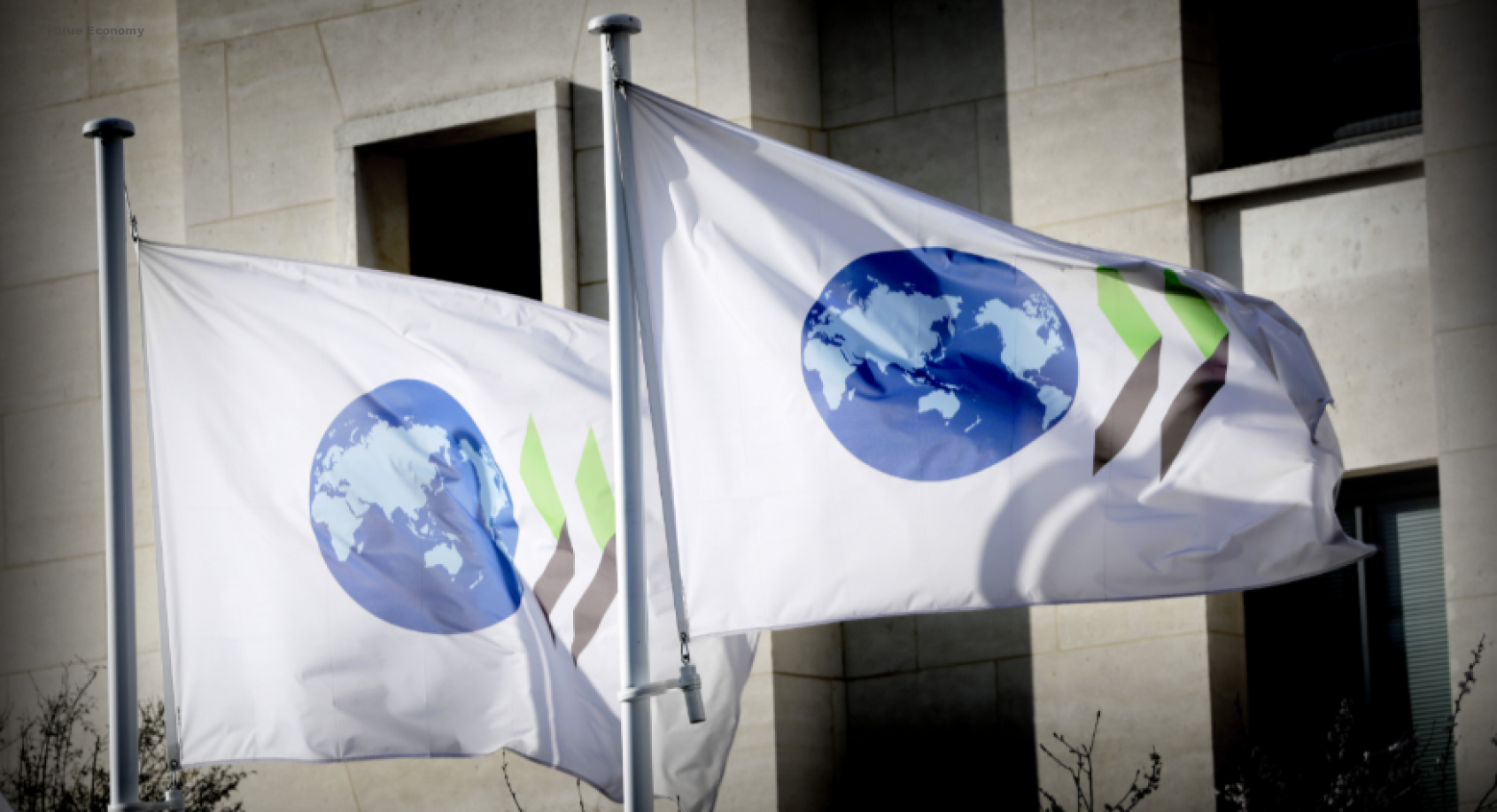The imminent choice of the next Secretary General of the OECD will be a marker for a more inclusive economic future or for greater inequality, anger and despair for the world’s people
Global Unions have valued the decade of leadership the OECD has ensured for member countries – inequality has been recognised and declared a global risk, the climate emergency raised to centre stage with support for Just Transition, responsible business conduct promoted with due diligence guidelines and a complaints mechanism for human and labour rights violations and fair taxation rules with the elimination of tax havens and a base rate for corporate tax central to a fairer future.
Many other critical policy areas also required thoughtful leadership with investment in jobs, digitalisation and privacy, education and skills, gender equality, development cooperation, wages and universal social protection as well as mandated due diligence on the list.

eBlue_economy_Coton-stephen
The choice of leader
The choice of leader must result in urgent progress on these and other necessary economic, social and environmental reforms which vital to building a better future based on inclusive growth. A return to a global orthodoxy of growth at all costs would be extremely damaging.
The best indicators for this vital decision lay in the track record of the candidates.
Of the four candidates, three have held senior ministerial positions – Mathias Cormann, Anna Diamantopoulou and Cecilia Malmström. For the past 25 years, the incumbent OECD General Secretaries have previously held such positions. The fourth candidate, Philipp Hildebrand, has a background as a central banker and with asset management firm Blackrock.
Of the three former ministers
Of the three former ministers one, Mathias Cormann, has a track record in a government that has opposed climate action, perpetuated attacks on wages, workers ’rights and social protection, implemented regressive tax measures to the benefit of the wealthy and the corporate sector, and driven investment in research and development to record lows.
That cannot be a future championed by new OECD leadership – otherwise trust in this multilateral institution will disintegrate as it has at the WTO and the IFIs.
The choice of the head of OECD is of vital importance and we ask that OECD governments choose a candidate who will ensure that people, planet and shared prosperity drive economic policy.
Stephen Cotton
Chair, Council of Global Unions General Secretary, ITF
Christy Hoffman
Vice Chair, Council of Global Unions General Secretary, UNI Global Union
David Edwards General Secretary, EI
Sharan Burrow
Secretary, Council of Global Unions General Secretary, ITUC
Valter Sanches
General Secretary, IndustriAll
Ambet Yuson
General Secretary, BWI
Image credit: OECD
press release














